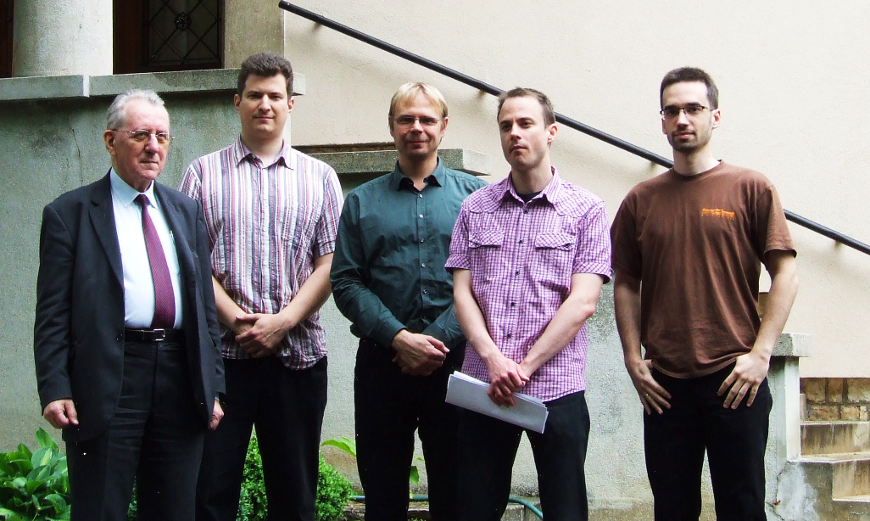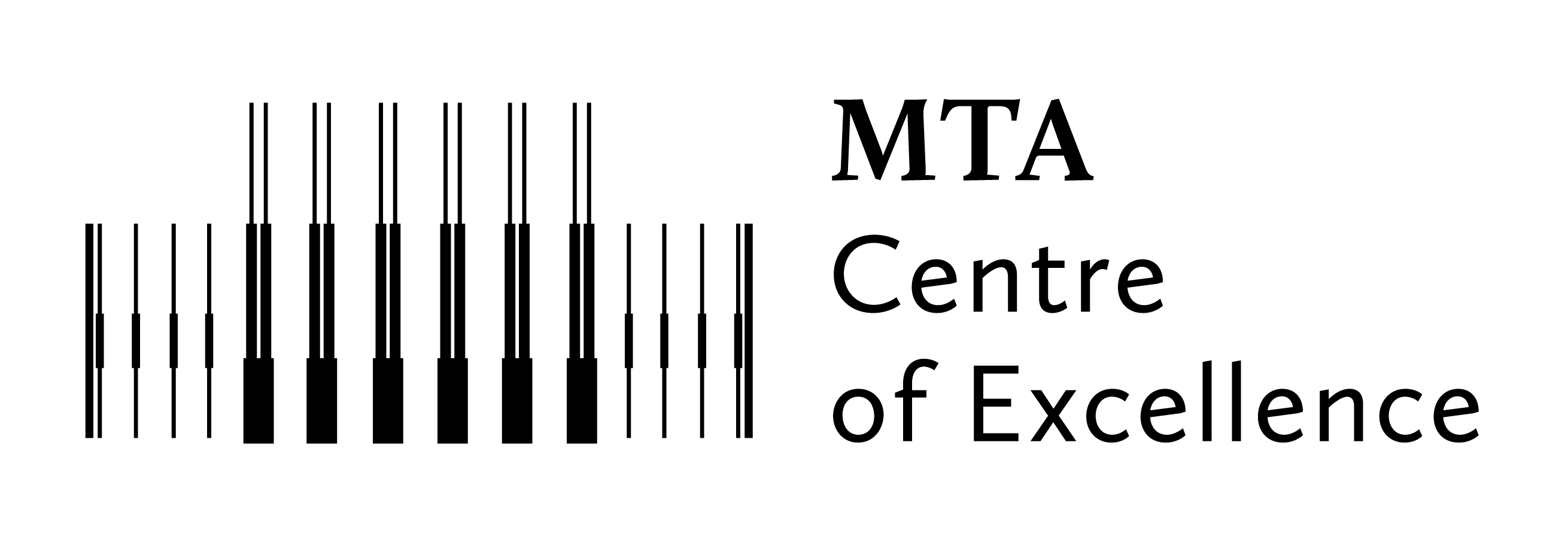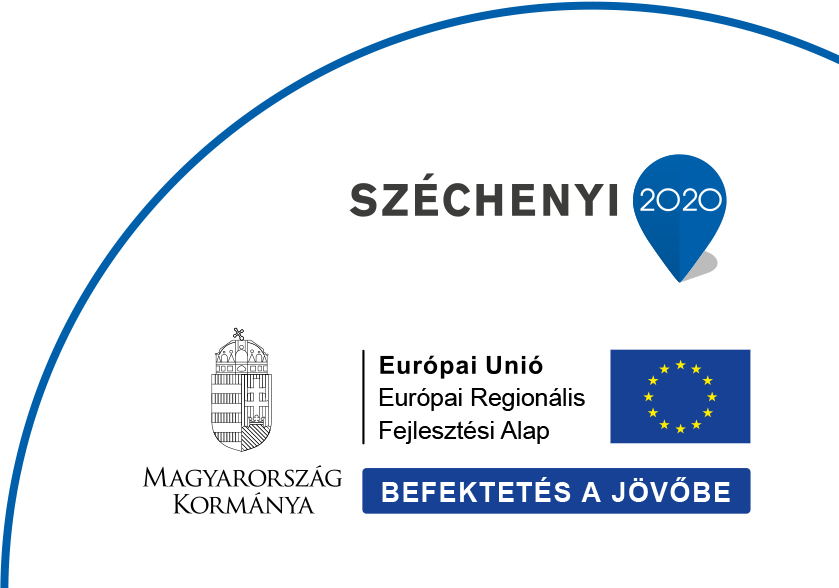
The main research activity of the group is to develop and use MPS (matrix product state) and TTNS (tree tensor network state) based methods for the investigation of strongly correlated quantum systems, such as graphene nanostructures, magnetic properties in solid states, exotic quantum phases, electron structures of molecules, or ultracold atomic systems. The long development and optimization done by the members of the group makes their DMRG implementation (Budapest QC-DMRG program package) leader in the simulation of strongly correlated quantum systems, it has been used with great success in numerous research institutes and universities around the world.
Events
-
9-11 March 2021, Tensor product methods for strongly correlated molecular systems, focus workshop, Max Planck Institute for the Physics of Complex Systems (originally 9-11 March 2020, postponed to 2021)
-
26-28 September 2018, Entanglement Days, Budapest
-
24-25 September 2015, Entanglement Days, Budapest
-
4-5 September 2014, Entanglement Days, Budapest
Research
- magnetic properties in solid state systems
- graphene nanostructures
- exotic quantum phases
- electron structures of molecules
- ultracold atomic systems
- density matrix renormalization group method
- multipartite correlations in quantum systems
- correlation theory of fermionic systems
The Group
- Örs Legeza, DSc, scientific advisor, leader of the group
- Gergely Barcza, PhD, postdoctoral research fellow
- Szabolcs Földes, BSc student
- Ádám Ganyecz, PhD, postdoctoral research fellow
- Imre Hagymási, PhD, postdoctoral research fellow
- Kornél Kapás, MSc, PhD, postdoctoral research fellow
- Mihály Máté, MSc, PhD candidate
- Andor Menczer, MEng, PhD student
- Tamás Mosoni, MEng, software engineer
- Péter Nyári, BSc, MSc student
- András Olasz, PhD, postdoctoral research fellow
- Jenő Sólyom, member of the HAS, DSc, professor emeritus
- Szilárd Szalay, PhD, postdoctoral research fellow
- Miklós Werner, PhD, postdoctoral research fellow
Alumni
- Zsolt Benedek, PhD, postdoctoral research fellow
- Mihály Csirik, PhD, postdoctoral research fellow
- Endre László, assistant research fellow
- Csaba Nemes, assistant research fellow
- Edina Szirmai, PhD, postdoctoral research fellow
- Klára Tarcsayné Petrov, PhD, postdoctoral research fellow
- Máté Timár, MSc, PhD student
- Áron Vízkeleti, MSc, PhD student
- Ferenc Woynarovich, DSc, researcher
Selected publications
- I. Shapir, A. Hamo, S. Pecker, C. P. Moca, Ö. Legeza, G. Zarand, Ilani, Imaging the electronic Wigner crystal in one dimension, Science 364, 870 (2019)
- Sz. Szalay, G. Barcza, T. Szilvási, L. Veis, Ö. Legeza, The correlation theory of the chemical bond, Sci. Rep. 7. 2237 (2017)
- C. Krumnow, L. Veis, Ö. Legeza, J. Eisert, Fermionic orbital optimisation in tensor network states, Phys. Rev. Lett. 117, 210402 (2016)
- Sz. Szalay, M. Pfeffer, V. Murg, G. Barcza, F. Verstraete, R. Schneider, Ö. Legeza, Tensor product methods and entanglement optimization for ab initio quantum chemistry, Int. J. Quant. Chem. 115, 1342 (2015)
Collaborating partners
- Philipps-Universität Marburg
- University of Vienna
- Technische Universität Berlin
- Freie Universität Berlin
- ETH Zürich
- Pacific Northwest National Laboratory, WA, USA
- J. Heyrovsky Institute of Physical Chemistry, Prague
- Eötvös Loránd University, Budapest
- Budapest University of Technology and Economics
- Computing and Automation Research Institute of the HAS, Budapest
- Centre for Energy Research of the HAS, Budapest
The group is/was financially supported by
- Humboldt Research Award
- The "Lendület" program of the Hungarian Academy of Sciences
- The Bolyai Research Fellowship of the Hungarian Academy of Sciences
- Hungarian Scientific Research Fund (OTKA-K100908, OTKA-NN110360)
- European Research Area (Chemistry)
- National Research, Development and Innovation Office (NKFIH-K120569)
- Czech-Hungarian bilateral mobility grant
- National Excellence Program ("HunQuTech" 2017-1.2.1-NKP-2017-00001)



